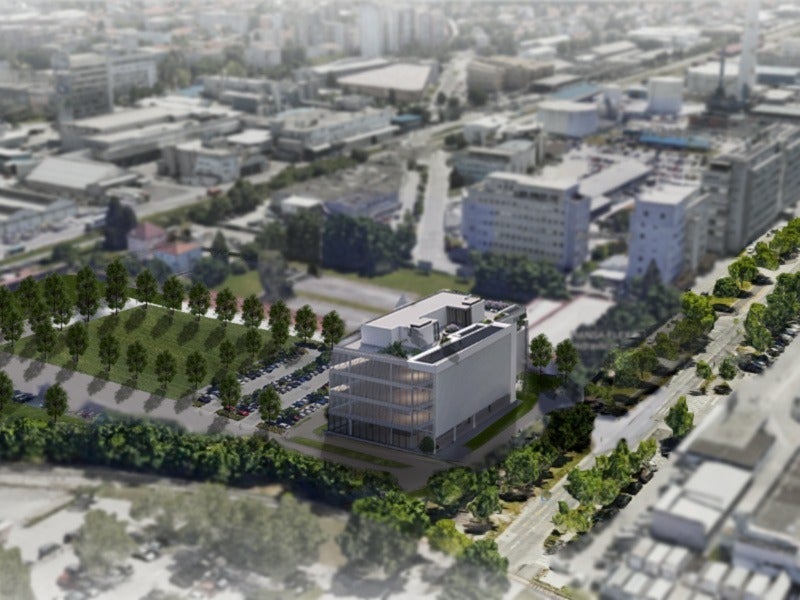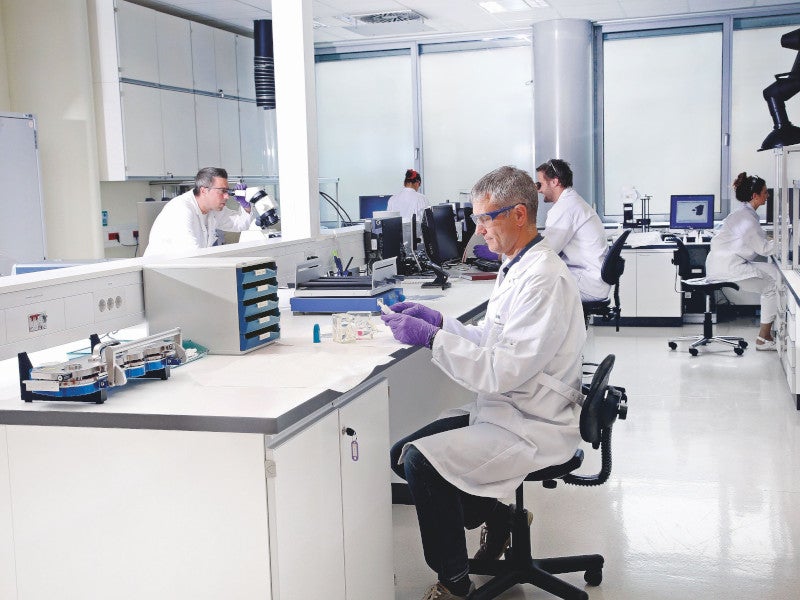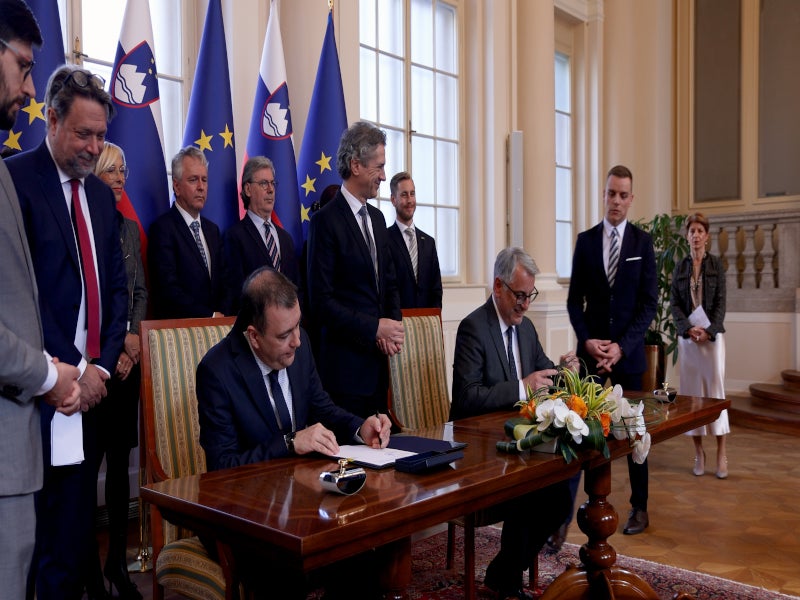Lek Pharmaceuticals, a pharmaceutical company based in Slovenia and a part of the generics producer Sandoz, will build a state-of-the-art biosimilar technical development centre in Ljubljana, Slovenia, to support the growth of its biosimilar plans in future.
The centre will strengthen Sandoz’s capabilities to develop end-to-end drug substances and drug products of biosimilars. It will help the company in meeting the rapidly rising demand for biosimilars worldwide.
Biosimilars have a vital role in managing and preventing a range of severe and potentially fatal conditions such as cancer, psoriasis, and arthritis. They help in tackling the challenge of increasing expenses faced by healthcare systems worldwide.
The project will require an estimated investment of $90m and will generate approximately 200 new jobs in Slovenia. It is scheduled to be completed by 2026.
Location
The Sandoz-owned biosimilar technical development centre will be located at Lek’s existing site in Ljubljana.
The new biosimilars development centre, along with the existing Sandoz development centre in Ljubljana, will transform the site into a primary global development hub for Sandoz, focusing on the advancement of generic and biosimilar products.
Sandoz development centre in Ljubljana is an important development centre for complex differentiated generics, featuring small molecule product development capabilities for the development of technologically complex generic pharmaceuticals.
Slovenia offers a pool of highly experienced pharmaceutical professionals and an ecosystem with academia and research institutions, making it an excellent choice for expanding biosimilar development capabilities.
Sandoz’s biosimilars
Sandoz has a wide array of biosimilars in its pipeline and portfolio. The company’s technical development expertise covers various stages, starting from genetic engineering of the cell line, through the design and scaling up of the bioprocess, drug substance purification process, and stable formulation, until the establishment of a robust manufacturing process for the final drug product.
To ensure biosimilarity to reference medicine, the development process is supported by 40 different evaluation techniques and more than 100 measures of function and structure.
The company’s biosimilar portfolio includes Hyrimoz (adalimumab), Zessly (infliximab), and Erelzi (etanercept) in immunology, Omnitrope (somatropin) in endocrinology, as well as Binocrit (epoetin alfa), Zarzio/Zarxio (filgrastim), Ziextenzo (pegfilgrastim), Rixathon (rituximab), and Erelzi (etanercept) in oncology.
Sandoz also has 24 molecules in various stages of development in its pipeline.
Furthermore, the company is working in collaboration with several companies such as Bio-Thera Solutions, Polpharma Biologics, and Biocon to expand its biosimilar portfolio.
Sandoz’s additional investment in biosimilars capabilities
Sandoz will build a new biologics manufacturing plant in Lendava, Slovenia, with an investment of at least $400m to support its drive for future growth of its global biosimilars portfolio. The proposed facility is expected to be fully operational by late 2026 and is estimated to generate 300 new jobs.
The company is also expanding its biosimilar development capabilities at its facility in Holzkirchen, Germany, to transform it into a Biopharma Technical Development hub with an investment of approximately €25m ($27.5m).
Marketing commentary on Sandoz
Sandoz, a division of Swiss healthcare company Novartis, manages the end-to-end production of various marketed biosimilars using state-of-the-art biomanufacturing facilities to ensure high standards of quality and consistency in the manufacturing process.
The company boasts of unparalleled experience in the regulatory domain that is essential for ensuring the safety and efficacy of biosimilars, with eight approved biosimilars available in approximately 100 countries across the world.





